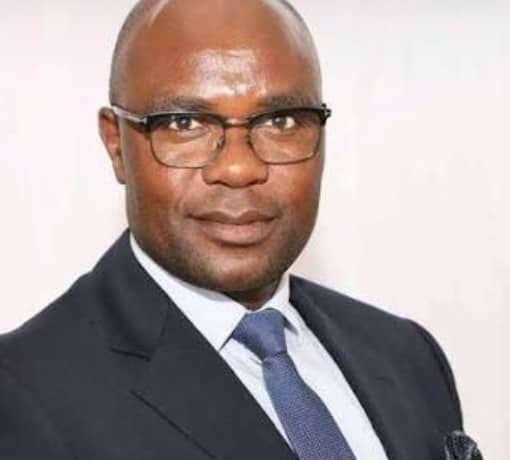By The Editorial Desk
The Democratic Progressive Party (DPP) has once again been caught selling Malawians a lie dressed as economic wisdom. Its leaders loudly claimed that a $500 million Letter of Credit would end Malawi’s fuel crisis overnight. It was a promise that sounded technical, powerful, and full of hope. But as facts emerge, that promise is collapsing under the weight of its own falsehood. It was never real — only political theatre meant to deceive a tired nation.
Eisenhower Mkaka, Member of Parliament for Lilongwe Mpenu and a former banker, has exposed the truth with clarity and calm logic. When Peter Mutharika, during his first address as president-elect, declared that his government would “give a $500 million Letter of Credit to solve the fuel crisis,” Mkaka listened closely, not as a politician but as a finance professional. And what he heard shocked him. In his experience, no bank anywhere in the world can issue a Letter of Credit of that magnitude for Malawi without knowing exactly where the foreign currency will come from. Malawi’s foreign exchange reserves are dangerously low; no institution would take such a reckless risk. You cannot issue a promise to pay in dollars when your vaults are empty. That is not sound policy — it is fantasy, and fantasy does not fuel trucks.
Mkaka explained the basics in simple terms: a Letter of Credit is a bank’s guarantee to pay for goods once certain conditions are met. But this only works if the bank actually has, or can access, the foreign currency needed when the payment becomes due. Malawi’s banks, struggling as they are with a serious forex shortage, could never commit to a $500 million LC without collapsing under the debt. In truth, what the DPP announced was not a real financial plan — it was a grand lie, a trick to sound competent, and a distraction from the hard reality that Malawi’s economy is in crisis.
Now the facts have vindicated Mkaka. The government itself, through the Minister of Energy, has confirmed that what is actually being discussed is an engagement with a few international banks for a facility between $120 million and $150 million — not $500 million. Even then, this arrangement is still under negotiation, not yet finalized. This means that the DPP’s $500 million claim was pure political fiction, designed to excite the public without offering any workable solution. Mkaka’s earlier warnings were mocked, but today his words stand tall. He was right from the beginning: you cannot fix the fuel problem by pretending to have money that does not exist.
This is the tragedy of the DPP’s approach to governance. It relies on propaganda instead of planning, noise instead of numbers, and slogans instead of strategy. When leaders lie to a struggling population about something as serious as fuel, they are not being clever — they are being cruel. People queue for hours to buy a few litres of petrol, businesses lose revenue, hospitals struggle to run ambulances — and all this while politicians play games with imaginary dollars.
Mkaka, in his calm and factual explanation, reminded Malawians that economic recovery demands discipline, not drama. He was not speaking as an opposition figure looking for attention, but as a banker speaking truth to power. His technical breakdown showed exactly how the DPP’s claim falls apart under scrutiny. It takes more than a microphone and a press conference to convince the global financial system — it takes credibility, reserves, and trust, none of which the DPP has built.
This episode has exposed a deeper problem within the DPP — its habit of lying to sound visionary. When faced with crises, it reaches for big words and unrealistic figures instead of practical plans. But the economy is not fooled by speeches. Banks do not lend on emotion, and international trade does not run on campaign promises. The DPP’s $500 million Letter of Credit was a political illusion — a desperate attempt to appear in control when, in reality, they have no plan.
Mkaka’s vindication is not a partisan victory; it is a victory for truth and technical honesty. The lesson here is simple: Malawi’s problems cannot be solved through deception. The nation deserves leaders who speak with integrity and act with competence. The DPP has shown neither. It lied to Malawians about money it never had, and about solutions it could never deliver.
The truth is plain. The so-called $500 million Letter of Credit never existed. It was never negotiated, never backed by forex, and never real. It was just another DPP mirage — a shiny illusion in the desert of mismanagement. The sooner Malawians recognize this, the sooner we can stop being victims of political lies disguised as economic plans. The DPP can fool its supporters with slogans, but it cannot fool the numbers, and it cannot fool the market. You can deceive people with words, but you cannot deceive the economy. In the end, the DPP’s $500 million “solution” was not a plan — it was just another promise that ran out of fuel.













